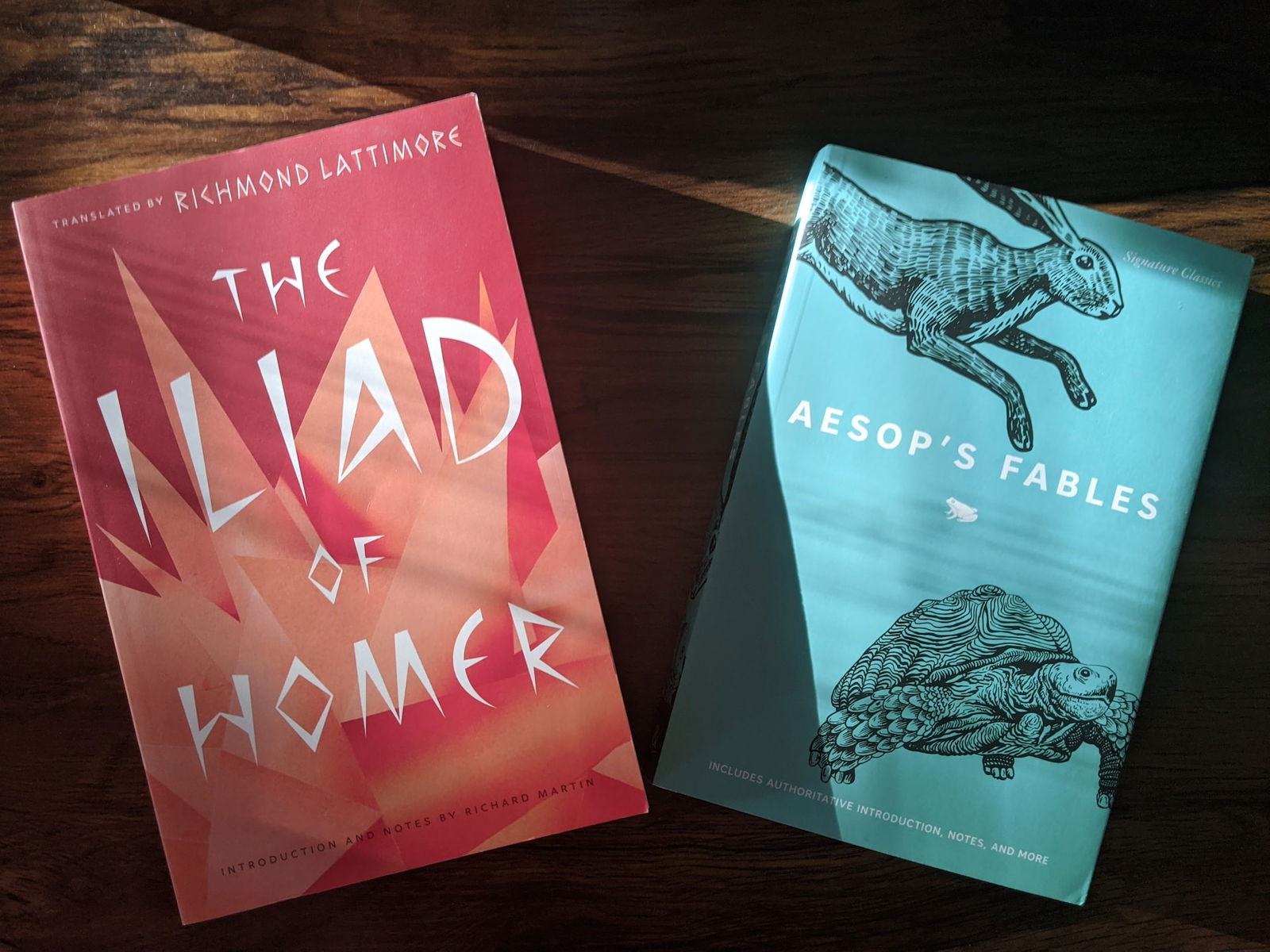
Unveiling the Magic of a Fantasy Novel: A Journey into the Unknown
The Heart of a Fantasy Novel: World-Building
At the core of every great fantasy novel lies a meticulously crafted world—one that feels both strange and familiar. World-building isn’t just about describing landscapes or magical creatures; it's about creating a living, breathing universe where the rules of reality bend and where everything has purpose.
The most captivating fantasy novels transport us into worlds that don’t just exist on the page—they live in our imaginations. A well-developed setting can make the impossible feel possible, and the key to that is attention to detail. Whether it’s the political systems, the magic, or the customs of its inhabitants, every aspect of a fantasy world should feel interconnected, as though it was built from the ground up.
Think of Middle-earth in J.R.R. Tolkien’s The Lord of the Rings—from the rolling hills of the Shire to the dark depths of Mordor, every region has a distinct identity, yet they all contribute to the larger narrative. This level of world-building doesn’t just make the setting feel real—it enhances the stakes of the story, making us care deeply about the fate of its characters.
Complex Characters with Deep Motivation
Fantasy novels often feature protagonists who are ordinary people thrust into extraordinary situations, and that is where the magic begins. Whether it’s a young farm boy destined to be a king, a reluctant hero facing an ancient prophecy, or an outcast who discovers they have powers, fantasy characters are relatable even in the most fantastical settings.
What makes them truly compelling is the depth of their motivations. A hero or heroine must have an internal struggle, something to fight for (or against). But it’s not just about defeating a dark lord or saving the kingdom. Great fantasy characters are complex, often faced with moral dilemmas, personal growth, and inner conflict that mirror real human experiences.
Take, for example, the characters in George R.R. Martin’s A Song of Ice and Fire. While set in a world of dragons, political intrigue, and battles for the throne, the real power of the series lies in its deeply flawed and morally complex characters, like Tyrion Lannister, Jon Snow, and Daenerys Targaryen. Each character’s journey is one of transformation, and their decisions often blur the lines between right and wrong.
The Power of Magic and Systems
One of the most alluring aspects of fantasy novels is the magic systems. Whether it’s a wizard casting spells, a hero wielding a mystical sword, or a dragon’s fiery breath, the magic is not just a plot device—it’s a character in itself. But magic in fantasy isn’t just about spectacular feats of power; it’s about the system behind it—the rules that govern its use, its limitations, and its consequences.
Authors often create intricate magic systems that follow their own set of rules, and these systems can shape the entire story. In Brandon Sanderson’s Mistborn series, for example, the magic is governed by "Allomancy," which allows individuals to ingest and “burn” specific metals to access various powers. These well-thought-out systems make magic feel earned and purposeful within the narrative.
The best magic systems in fantasy novels aren’t just about flashy spells; they are an integral part of the world and the plot, creating stakes and challenges that characters must face as they navigate their journeys.
Themes of Good, Evil, and Everything in Between
Fantasy novels often revolve around grand conflicts between good and evil, but what makes these stories compelling is the nuanced exploration of morality. In these books, the lines between right and wrong aren’t always clear, and heroes can sometimes fall from grace, while villains can have moments of redemption.
In The Name of the Wind by Patrick Rothfuss, the protagonist Kvothe is both a hero and a deeply flawed individual, making his journey of self-discovery one that questions the nature of heroism and the price of greatness. Similarly, in The Wheel of Time series by Robert Jordan, characters must grapple with both the light and dark within themselves as they battle forces that threaten their world.
These moral gray areas reflect the complexities of our own world, where motivations and actions are rarely purely good or purely evil. By exploring these themes, fantasy novels encourage readers to think critically about their own beliefs, actions, and choices.
The Allure of Epic Journeys
No fantasy novel would be complete without the iconic hero's journey. Whether it’s a quest to destroy a powerful artifact, uncover a lost kingdom, or defeat an ancient evil, the journey serves as both a literal and metaphorical exploration of the self.
What sets the best fantasy journeys apart is how they affect the characters—how they grow, change, and discover things about themselves along the way. These journeys are about more than just physical distances; they are about the internal growth that takes place as the characters face challenges, overcome fear, and confront their darkest fears.
The journey in The Hobbit by J.R.R. Tolkien is a perfect example of this theme. Bilbo Baggins starts as an unassuming hobbit who shies away from adventure, but by the end of his quest, he is a changed person—braver, wiser, and more confident. The journey shapes him, just as it shapes every great fantasy protagonist.
Crafting Your Own Fantasy Novel
If you’ve been inspired to write your own fantasy novel, remember that creating a successful fantasy story requires more than just an interesting premise. It’s about building a world that feels alive, creating complex characters with real stakes, and ensuring that the magic and conflict resonate with your readers.
Start small, and let your world evolve naturally. Focus on your character’s motivations and what they truly desire, and let those desires propel the plot. Keep your magic systems grounded in rules and limitations to maintain a sense of consistency. And finally, explore the deeper themes of your story, as these will give it meaning that lasts long after the last page is turned.
Conclusion: The End of One Adventure, The Start of Another
Fantasy novels offer an unparalleled escape into worlds full of possibilities. They provide not only thrilling adventures but also profound insights into human nature, morality, and growth. Whether you're a reader searching for your next great adventure or an aspiring author ready to create your own world, the magic of fantasy lies in its boundless potential.
So, grab your pen or pick up your favorite book, and step into a world where anything is possible, where heroes are forged, and where the impossible becomes reality. The journey is just beginning.

